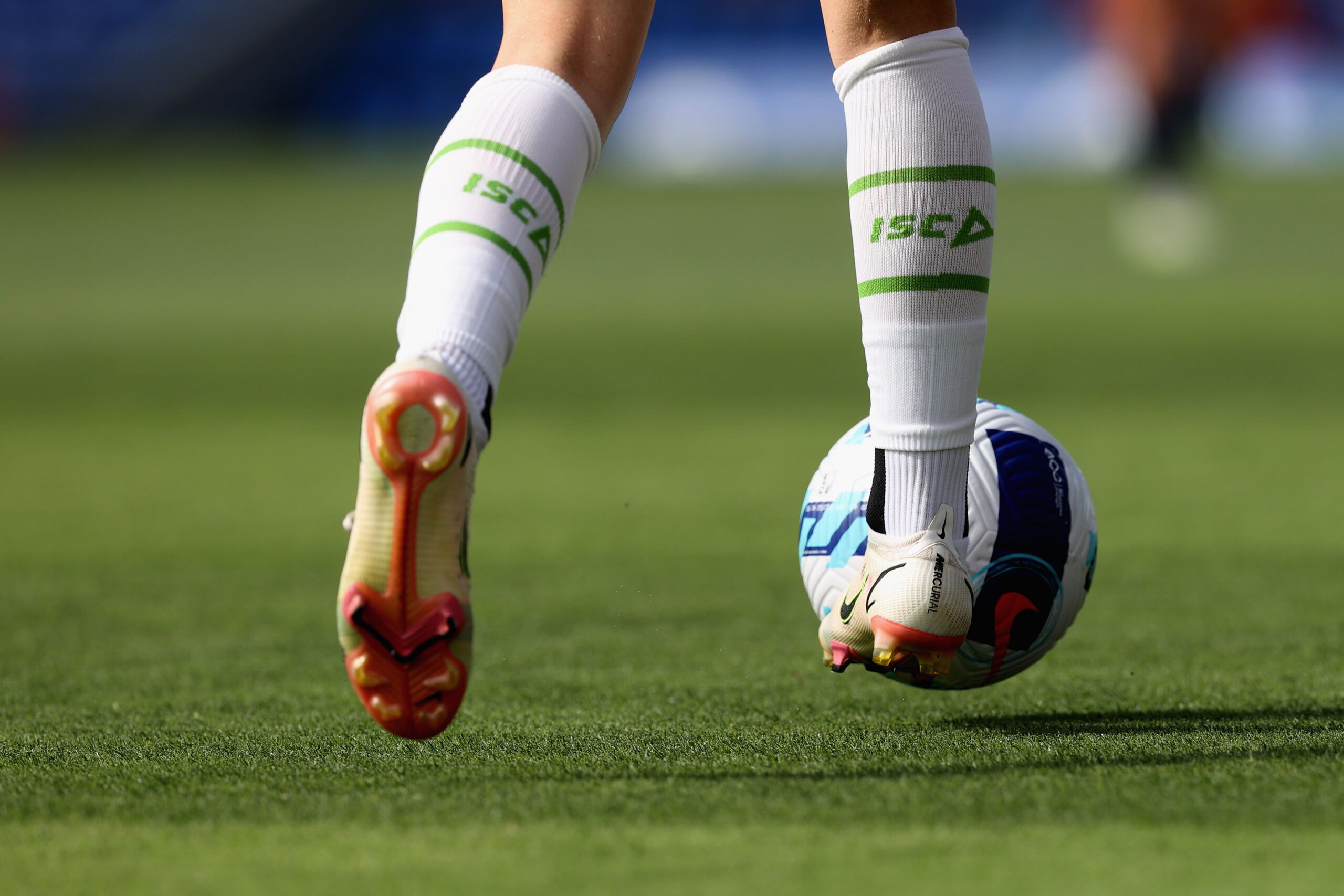The University of Brighton women’s football team has condemned the ‘disgraceful’ abuse aimed at their transgender teammate, according to the Telegraph. Blair Hamilton is completing a PhD, researching the effects of medical transition, and is the lead investigator of the Tavistock Transgender Athlete Study. Her primary concern is analysing the effects of testosterone suppression on the athletic performance of transgender athletes. Speaking to the LGBTQ publication, Pride of Terraces, she said: “Being male-born, the general argument which I’m trying to disprove in my research is that trans women have an advantage and that you’re taking a place away from a girl.â€Â Hamilton has impressed for her club Hastings United this season but has been subject to social media abuse after being called up to the England Universities women’s squad. She is believed to be one of the first players to be competing in an international football competition. Now, 17 members of the University of Brighton’s women’s second team squad have rallied behind Hamilton –– describing her as an “inspiration†and emphasising that all players and staff will continue to support her. One player, Andrea Barquero, stated: “Playing alongside Blair, having her not only as a valuable teammate but also as a friend, it is frustrating to see her hard work and talent be a topic of debate. She deserves to play and represent the England Women’s Universities’ squad without her talents and skills being scrutinised. We will always support Blair on her journey, with love and enthusiasm.†Similarly, Hastings United have also supported Hamilton and announced the news of her call-up on social media last week.Â
Transgender athlete controversy continues
Hamilton is not the only transgender athlete to have received media coverage in recent times. Weightlifter Laurel Hubbard, swimmer Lia Thomas and cyclist Emily Bridges have all been subject to controversial rulings surrounding their eligibility to compete in women’s sporting events.Â
Bridges was due to compete at the recent cycling Omnium Championships but was not permitted to take part by cycling’s world governing body.Â
In a statement, British cycling said: We have now been informed by the Union Cycliste Internationale (UCI) that under their current guidelines Emily is not eligible to participate in this event."
Bridges began hormone therapy last year as part of her gender dysphoria treatment and has become eligible to compete in women’s events because her levels of testosterone are now lower.



















